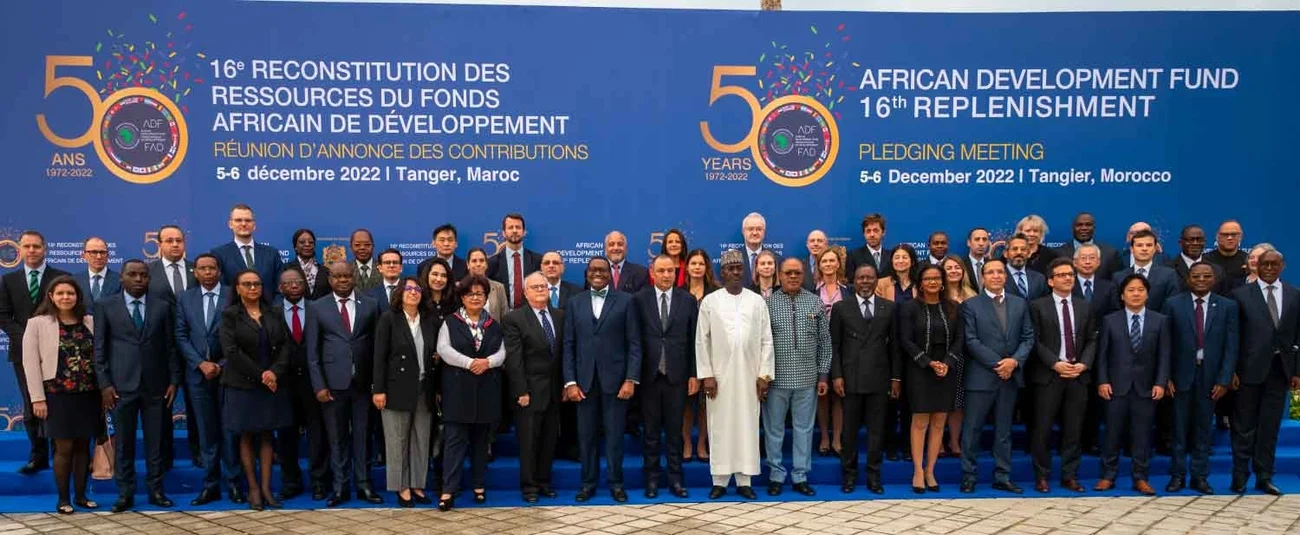
Angola must raise at least $8.6 billion every year until 2030 to meet its Sustainable Development Goals (SDGs) and fulfill the African Union Agenda 2063, according to the latest analysis by the African Development Bank (AfDB).
The figures were presented on Friday, June 27, during the launch of the African Economic Outlook 2025 – Country Focus Report at the Dr. Agostinho Neto Faculty of Economics.
Secretary of State for Public Investment, Ivan dos Santos, emphasized that closing this financing gap will require both innovation in capital mobilization and greater efficiency and transparency in the use of sustainable resources.
“The launch of this report between the Government of Angola and the African Bank reaffirms their commitment to development based on evidence, dialogue and a shared vision,” he stated.
He underlined the government’s ongoing reforms, including economic diversification, investment in human capital, and institutional modernization.
“We are aware that the future of Angola lies above all in the technical skills and talent of our youth. However, we cannot ignore the challenges that persist,” he said.
Despite achieving a 4.4% growth rate in 2024—the highest in five years—dos Santos cautioned that the current economic trajectory is not enough to fully harness Angola’s productive potential. He pointed to domestic revenue shortfalls, inefficiencies in public spending, and underutilized natural resources as key obstacles.
Pietro Toigo, AfDB’s country representative for Angola and São Tomé and Príncipe, echoed these concerns.
“The report shows that if we calculate all the country’s capital—natural, human, and productive—Angola’s total capital is $361 billion, with approximately 50% in human capital and 30% in natural capital,” he revealed.
While investments in hydroelectric power have boosted overall capital, Toigo warned of declining natural capital, particularly in forestry and coastal protection, due to population pressures.
“This points to some concerns in terms of more sustainable management, especially of forest assets, but it also shows some opportunities for investment in the ecosystem,” he added.
He identified sustainable agriculture, ecotourism, and fisheries as sectors with significant potential for sustainable capital monetization.
He also highlighted the urgent need to improve energy transmission infrastructure to support future growth.
The report—part of AfDB’s flagship African Economic Outlook—offers country-specific policy recommendations.
This year’s Angolan edition, titled Making Angola’s Natural Capital Work Better for its Development, provides a comprehensive view of macroeconomic recovery, capital endowment, and the reform agenda necessary to build a resilient and inclusive economy.
Despite strong gains in the non-oil sector, the report warns that Angola remains vulnerable to oil price volatility, global trade shifts, and structural revenue constraints.
It calls for urgent action to diversify the economy and strengthen capital mobilization as foundations for long-term sustainable growth.



